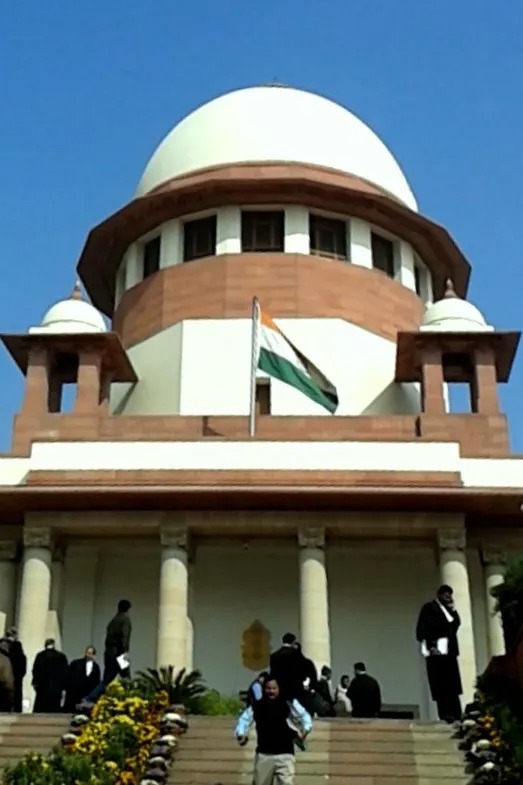Norman, J.@mdashThis is a suit, which was brought by the late Prosonno Coomar Tagore, for possession of certain lands, held by one Haraprasad under a lease from the 30th Bhadra 1266, expiring in Baisakh 1271. The defendant is the widow of Subalram, an uncle of Haraprasad, and she claims to retain possession of the jote. The Judge finding that it is an ancestral jote, has dismissed the suit. The facts, as appearing in the written statement of the defendant herself, are, that originally there were five brothers, Rupnarayan, Gaur Mohan, Safalram, Subalram, and Lakhan; that the property now in dispute was originally taken under a patta granted to Rupnarayan, and after his decease it was settled with Lakhan. After the death of Lakhan, namely in 1266 (1859), Haraprasad, who was the son of the second brother Gaur Mohan, took a lease in terms which appear from the kabuliat of Haraprasad, which has been put in: "I take for five years a temporary lease of a limited jote. To the end of the term I will pay rent according to kists named; and after the term, on certain conditions, until a fresh settlement is made." Haraprasad having died, the plaintiff entered on the jote. The defendant brought a suit under clause 6, section 23 of Act X of 1859, and obtained a decree restoring her to possession; upon which the plaintiff brought this suit to establish his title to possession of the land upon the ground that the rights of Haraprasad in it had ceased. We think that the plaintiff is entitled to recover.
2. The defendant alleges herself to be the heiress of Haraprasad; but that she certainly is not, the widow of an uncle not being capable, under any circumstances, of inheriting to her own nephew.
3. As between the zamindar and persons to whom he grants leases (whatever may be the rights of the members of the family of the lessee of the lands so granted as between themselves) we think it plain that the zamindar cannot be compelled to recognize the title of any one beyond the persons with whom he deals, and to whom he looks for rent. And the zamindar having given leases to Rupnarayan, Lakhan and Haraprasad could not be compelled to recognize the defendant, the widow of Subalram, as having any title to, or share or interest in the property, albeit defendant as heiress of her husband could only be entitled to a fractional interest in the jote. But a landlord is not compelled to recognize or give effect to the division of the tenure.
4. By section 27 of Act X of 1859, it is provided that "no zamindar or superior tenant shall be required to admit to registry or give effect to any division or distribution of the rent payable on account of any intermediate tenure, nor shall any such division or distribution of rent be valid and binding without the consent in writing of the zamindar or superior tenant." The decree of the lower appellate Court must be reversed, and the plaintiff''s suit decreed with costs in all the Courts.

